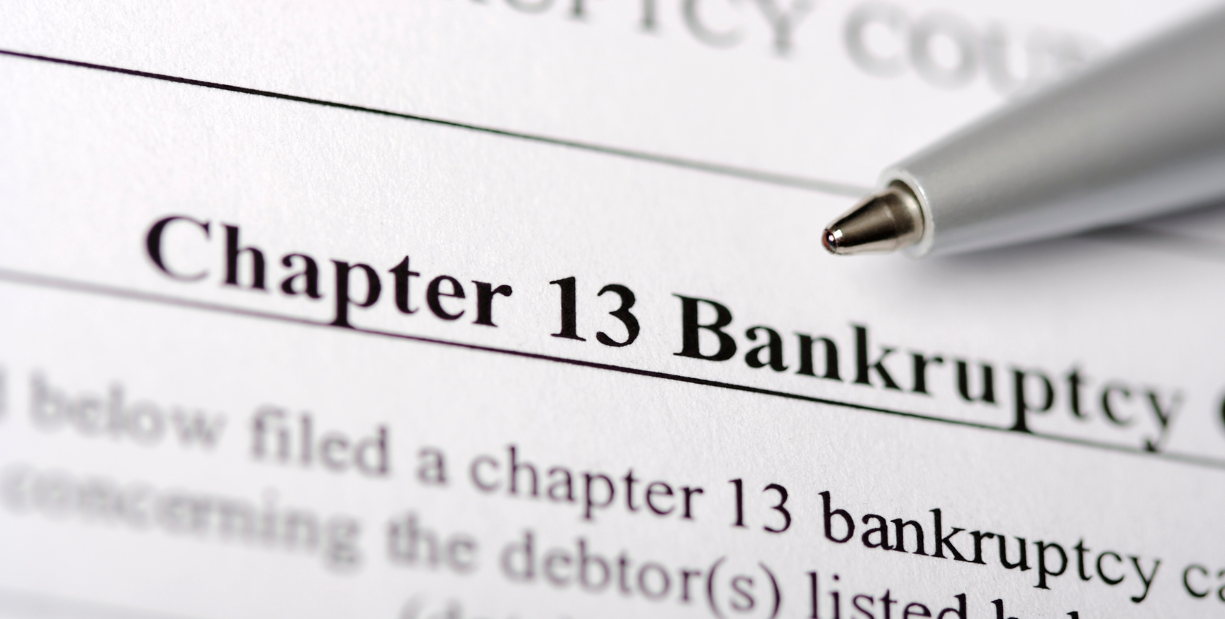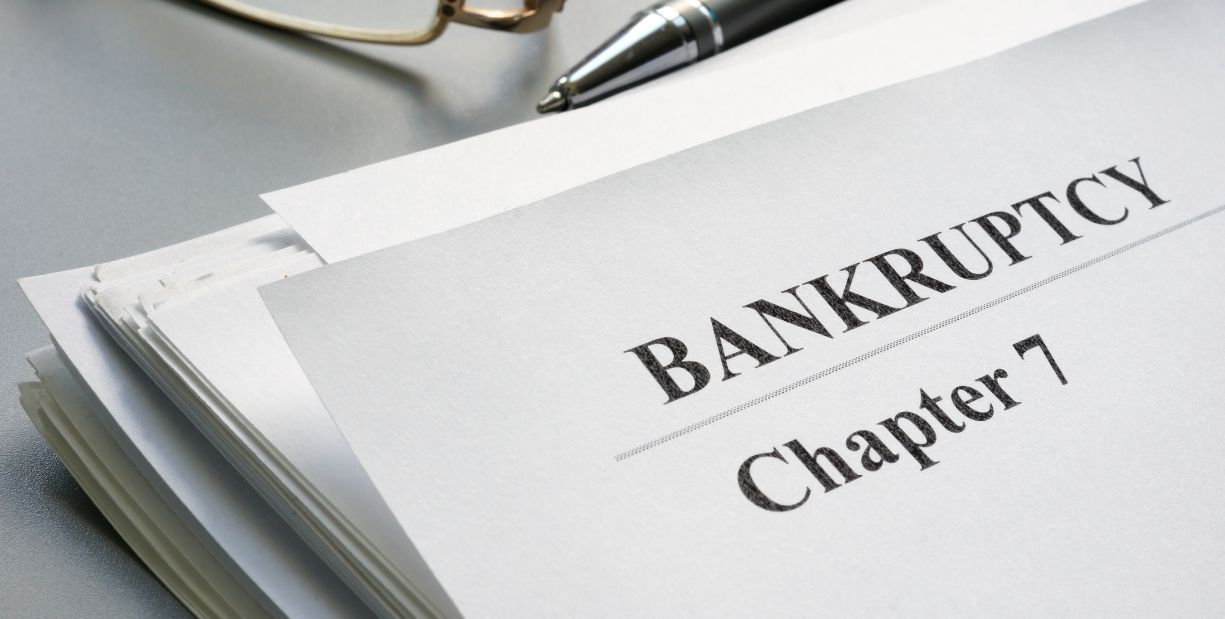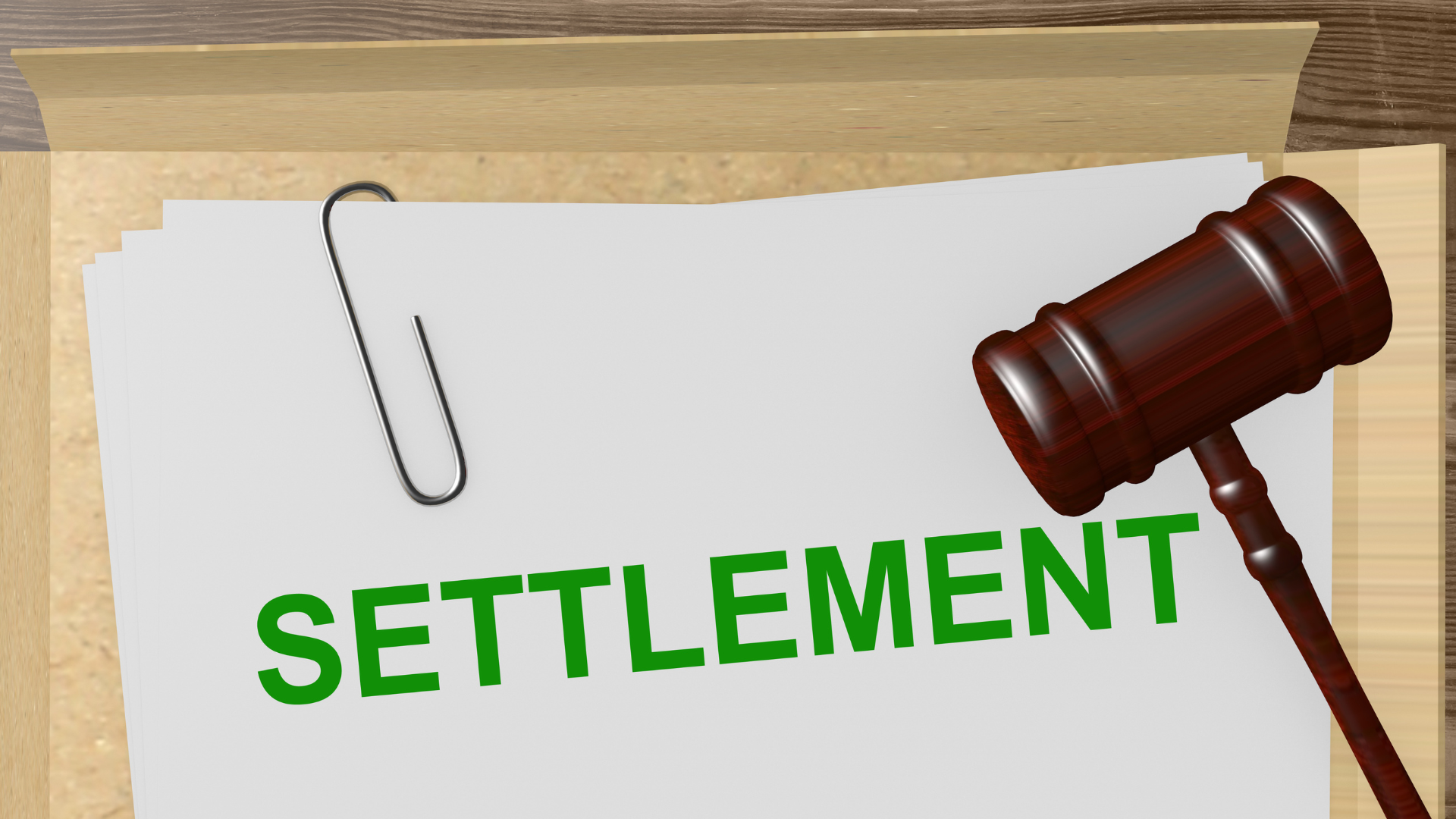Filing for Chapter 13 in New York: What You Need to Know
Filing for Chapter 13 in New York

Chapter 13 bankruptcy offers a structured way for individuals and families to reorganize debt without losing their assets. If you're living in New York and struggling with overwhelming financial obligations, filing for Chapter 13 may be the path to regain control.
What Is Chapter 13 Bankruptcy?
Chapter 13 bankruptcy is a legal process that allows qualified individuals to repay part or all of their debts over three to five years through a court-approved plan. Unlike Chapter 7, which liquidates non-exempt assets to pay creditors, Chapter 13 focuses on debt reorganization while protecting your home, car, and other assets.
Who Should Consider Filing for Chapter 13?
You might be a good candidate for Chapter 13 if:
- You're behind on your mortgage or car payments and want to avoid foreclosure or repossession
- You earn a steady income but can’t keep up with unsecured debts like credit cards or medical bills
- You’ve already filed for Chapter 7 within the last eight years
- You have non-exempt property you want to keep
- You owe tax debts that can’t be discharged in Chapter 7
How Chapter 13 Works in New York
Here’s a step-by-step breakdown of the process:
1. Pre-Filing Requirements
Before filing, you must:
- Complete a credit counseling session through an approved agency
- Gather financial documents (pay stubs, tax returns, bills, asset valuations)
- Calculate your disposable income to determine how much you can afford to repay monthly
2. Filing the Petition
Once you file your bankruptcy petition with the U.S. Bankruptcy Court for your New York district, an automatic stay goes into effect. This immediately stops all collection actions, lawsuits, wage garnishments, and foreclosure proceedings.
3. Submitting the Repayment Plan
You’ll propose a repayment plan based on your income and expenses. This plan will outline how you’ll pay back secured and unsecured debts over the next 36 to 60 months.
4. 341 Meeting of Creditors
Roughly a month after filing, you’ll attend a mandatory meeting with the trustee and any creditors who choose to appear. This allows them to ask questions and review your repayment plan.
5. Plan Confirmation
The bankruptcy court will hold a hearing to confirm the plan. If approved, you’ll begin making monthly payments to the trustee, who distributes them to your creditors.
What Debts Can Chapter 13 Help With?
Chapter 13 can help reorganize or eliminate:
- Credit card debt
- Medical bills
- Personal loans
- Past-due mortgage or rent
- Tax debts
- Auto loans
- Judgment debts
Note: Some debts, like student loans and recent tax obligations, are not dischargeable but can still be included in your plan.
Pros of Filing Chapter 13 in New York
- Keep Your Property: Avoid foreclosure, repossession, or forced asset sales
- Debt Consolidation: Combine debts into one monthly payment
- Protection from Creditors: Automatic stay halts lawsuits and collection
- Cure Mortgage Arrears: Catch up on past-due mortgage over time
- No Interest on Unsecured Debt: In most cases, no interest is added to unsecured balances
Potential Drawbacks
- Longer Process: Takes 3–5 years to complete
- Strict Budgeting: You’ll be under court-supervised repayment
- Public Record: Your bankruptcy filing is public information
- Impact on Credit: Chapter 13 stays on your credit report for 7 years
How Much Does It Cost to File?
- Filing Fee: $313 (as of 2025)
- Attorney Fees: Typically range from $3,500 to $6,000 in New York
- Trustee Fee: A percentage of your monthly payment (usually around 5-10%)
Many attorneys offer payment plans where fees are included in your repayment schedule.
Working with a Bankruptcy Lawyer
Chapter 13 bankruptcy is complex and requires extensive documentation. A qualified New York bankruptcy attorney can:
- Determine if you qualify
- Help craft a repayment plan
- Maximize your asset protection
- Communicate with the trustee and creditors
- Represent you at hearings and court appearances
The J. Singer Law Group has years of experience guiding New Yorkers through bankruptcy with a focus on long-term financial recovery.
Frequently Asked Questions (FAQ)
1. How long does Chapter 13 take in New York?
Plans typically last 3 to 5 years, depending on your income and the amount of debt involved.
2. Can Chapter 13 stop foreclosure in New York?
Yes. Filing immediately halts foreclosure and gives you a chance to catch up on missed mortgage payments over time.
3. Will I lose my home or car if I file Chapter 13?
In most cases, no. As long as you stay current on your repayment plan, Chapter 13 helps you retain your assets.
4. How soon can I file Chapter 13 after Chapter 7?
You must wait at least 4 years after a Chapter 7 discharge to file for Chapter 13.
5. Can I pay off my Chapter 13 early?
Possibly. You’ll need court approval, and paying early may impact how much you owe to unsecured creditors.











